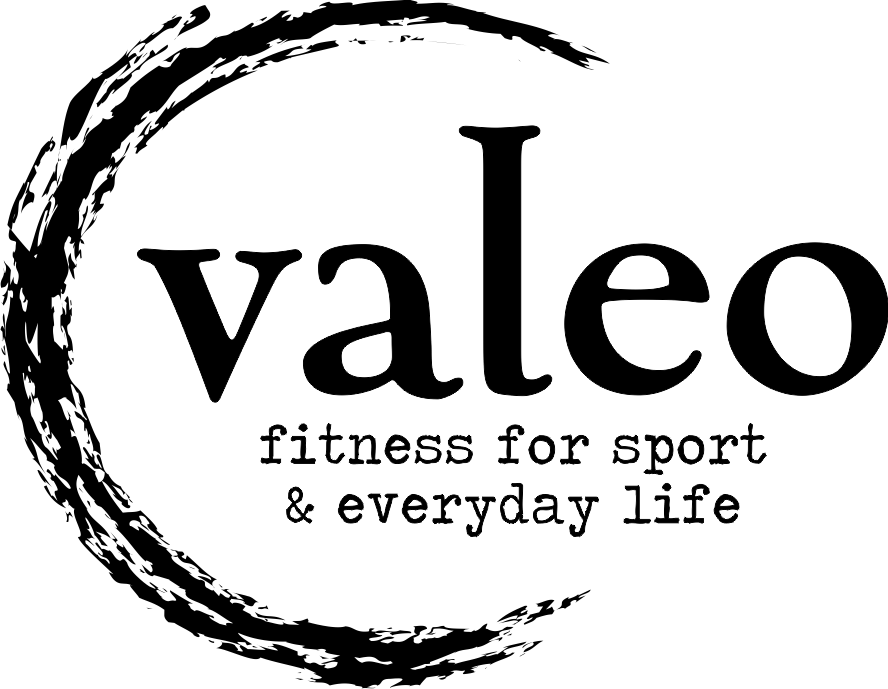Lifting and Mental Health
It’s long been known that a mindfulness practice can lead to functional and structural changes to the brain, reducing symptoms of both depression and anxiety and increasing your quality of life.*
However, did you know that resistance training creates similar responses in the brain?!
In fact, studies show that six months of a resistance training program improves the uptake of certain hormones and hormone-like substances, increasing the size of various brain regions. And this change in brain structure means better mental function and mood improvement overall since lifting weights regulates blood flow and heart rate, speeds up your metabolism, and clears brain fog.**
This connection between mindfulness and lifting weights, no doubt, is evident when you consider resistance training exercises.
For example, if you’re squatting with a heavy bar on your back, there is little room mentally to think about anything else – you HAVE to be in the present moment. Setting up your body in just the right way, from the position of your head all the way down to your feet, and making sure that each rep is performed properly, requires intense concentration and focus.
Moreover, as the intensity of the exercise increases, negative thoughts may start popping up – when you overcome these negative thoughts and keep going anyway, you’re training your brain to overcome discomfort and gain grit. That’s another key feature of mindfulness—observing your thoughts and feelings, while simultaneously being detached from them.
While strength training alone is unlikely to serve as a cure for mental ailments like anxiety, depression, and dementia it’s wonderful to have research out there that proves it can positively affect how our brains function, improving both physical and psychological wellbeing.
Anecdotally, many of our members report having had a mental shift since lifting weights – not only an elevated mood after a session, but an (even more) awesome mindset overall.
It feels good to feel good, am I right?!
And now you can be confident that lifting weights is one more tool in your toolbox to help.
Lift on!
Jess & Team Valeo

